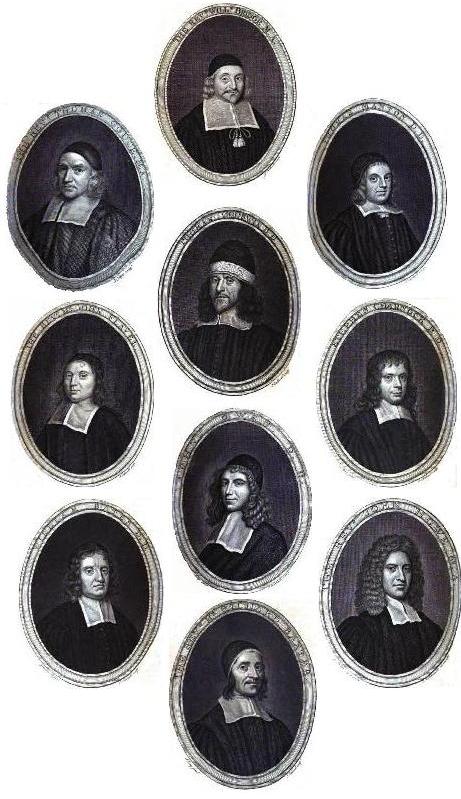Early Puritan Historiography: Max Weber--The Protestant Ethic and the Spirit of Capitalism
Introduction
For centuries, many writers have taken up their quills or pens to write works that describe the lives and ideas of the Puritans--a group which today (as they were in the seventeenth century) is very controversial. Regarding the Puritans, there has been some difficulty in coming up with a consensus definition of the group or its ideology of Puritanism.
In sixteenth- and seventeenth-century England, groups as different as Low Church Anglicans, Independents, Presbyterians, could all be seen as living under the umbrella of Puritanism. Both theological belief and economic standing could earn one the label of Puritan.
Regardless, an understanding of Puritanism is important for understanding contemporary American society. Gaining this understanding is complicated by is the massive number of scholarly articles and historical monographs that various writers from a number of disciplines have authored. Regardless, some important threads are evident from a perusal of the literature on Puritans.
Puritan Divines

Books on the Puritans
Max Weber
Many writers have depicted Puritans as a sort of prototypical capitalists. Writers such as Max Weber and R. H. Tawney made this view popular. Weber, who was a nineteenth-century German sociologist, tried to explain the rise of capitalism. In his The Protestant Ethic and the Spirit of Capitalism, he proposed that a “Protestant ethic” was the main reason for the development of capitalism. This challenged Karl Marx’s view that class struggle caused the rise of capitalism. Weber defined the “spirit of capitalism” as “the earning of more and more money, combined with the avoidance of all spontaneous enjoyment of life.”
Weber emphasized the viewpoint that certain Protestant sects had regarding work, as opposed to that held by medieval and early modern Catholics. In Weber's view, most Europeans prior to the Reformation merely worked to live. The Protestant view of the individual calling to a specific area of work was very influential in the rise of capitalism in Weber's thesis.
Because God calls every man and woman to a specific station in life, Protestants from several ascetic sects believed that doing less than one's best failed to bring the proper glory to God. Whereas money has traditionally been considered the root of all types of evil, in this worldview, making money would be a positive good because it was a side benefit of successfully carrying out one's calling in the world. Also, working in one's calling provided a bit of assurance to Calvinists who had worries over their souls.
According to Weber, it was the new attitude toward work in which men lived to word that led to the rise of capitalism. However, this assumption is a bit problematic. Capitalism predated the Protestant Reformation for quite some time in some of the Italian city-states, such as Venice or Genoa. Rather than being bastions of Protestantism, the merchants from these important Italian cities were staunchly Catholic. While there are critiques of the Weber thesis, it remains an important part of the debate. [1]
To read the rest of this historiography of the Puritans, check it out at the American Church History blog. The link goes directly to my historiography of the Puritans. The introduction (as seen here) has been changed, but this link includes the rest of this paper as originally posted.
[1] Max Weber, The Protestant Ethic and the Spirit of Capitalism (New York: Charles Scribner’s Sons, 1958), 53.




